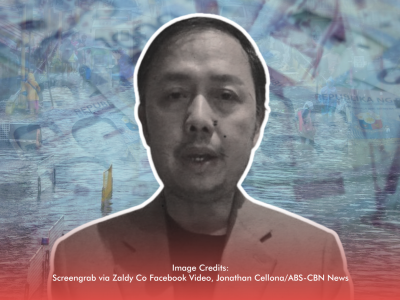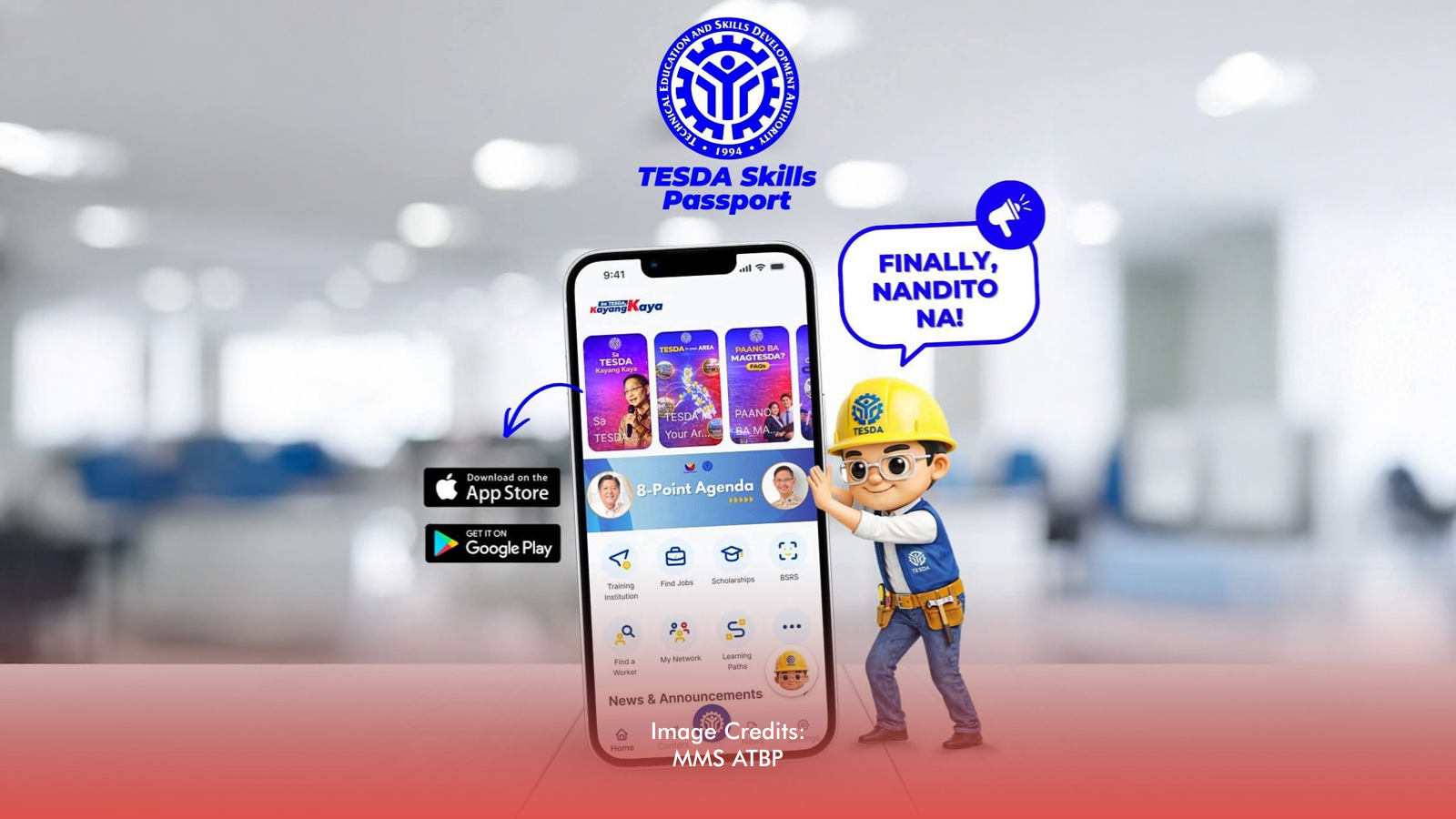The Philippines is setting its sights on digital nomads and long-stay travelers with a new visa to help position the country as a top remote work destination. At the Skift Asia Forum 2025 in Bangkok, Tourism Secretary Christina Frasco unveiled key initiatives designed to attract global professionals seeking flexibility, affordability, and cultural experiences.
Central to this effort is the Digital Nomad Visa (DNV), authorized by President Ferdinand R. Marcos Jr. through Executive Order 86 in April. The visa allows remote workers to live and work in the Philippines while exploring its scenic destinations and vibrant local communities.
“Our focus is to support digital nomads through infrastructure, safety, and immersive tourism circuits,” said Frasco, emphasizing strong coordination with local governments.
Live, Work, and Discover the Islands
With world-renowned spots like Palawan, Boracay, and Siargao, the Philippines offers more than just a place to stay—it provides an experience. Frasco highlighted the country’s English-speaking population and cultural warmth as major advantages for international travelers looking to blend work with adventure.
She also underscored a shift in focus toward “respectful tourists”—visitors who value sustainability and give back to the communities they stay in.
“We want to welcome those who are not only seeking beautiful destinations but who also align with our values of responsible and sustainable tourism,” she said.
Connectivity and Long-Term Appeal
To support remote professionals, the government is improving digital infrastructure through a partnership with the Department of Information and Communications Technology. Wi-Fi upgrades are underway in more than 90 key destinations across the country.
In addition to attracting digital nomads, the DOT is promoting the Special Resident Retiree’s Visa to encourage more long-term foreign residents. The broader goal is to increase tourism spending and repeat visits.
Held annually, the Skift Asia Forum brings together leaders shaping the future of travel—making it the perfect venue for the Philippines to present its renewed vision for tourism in the digital age.








